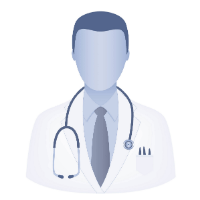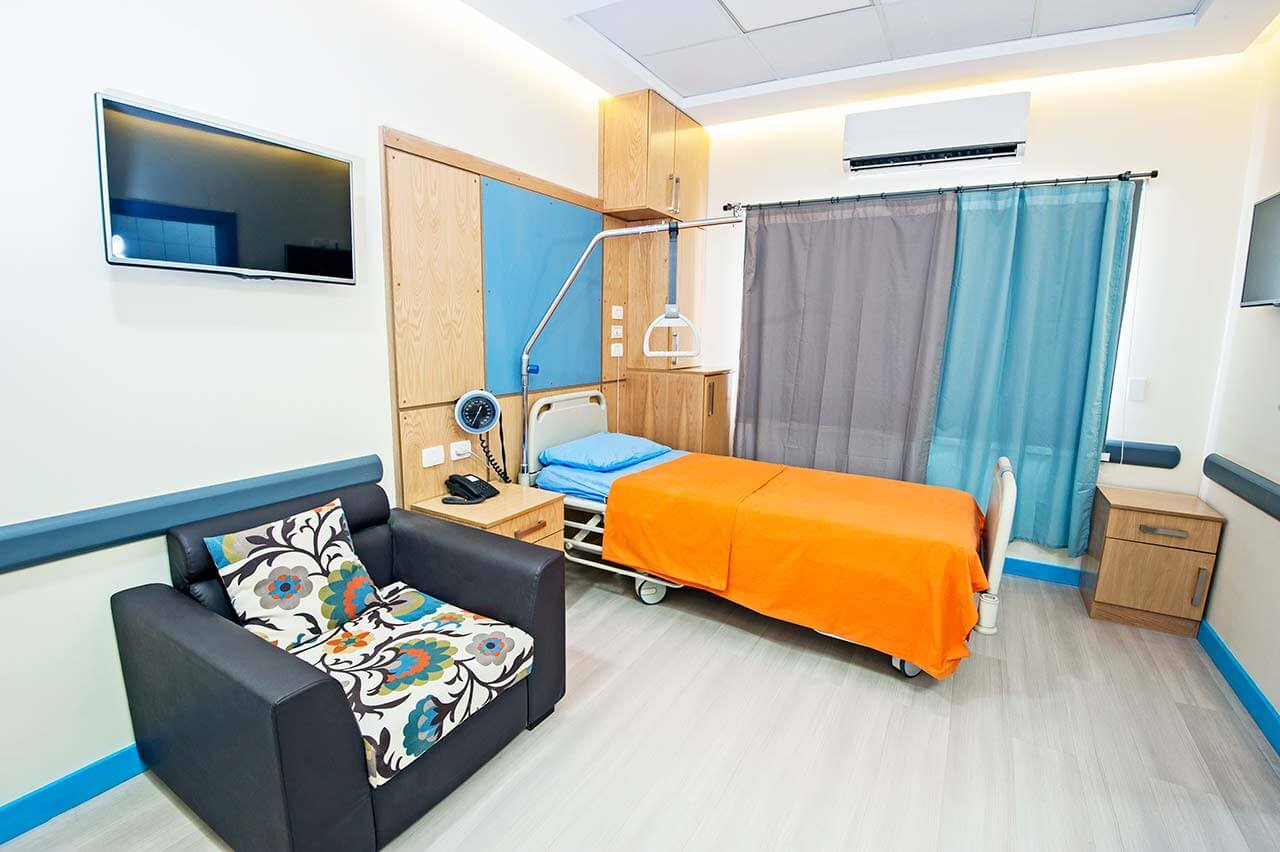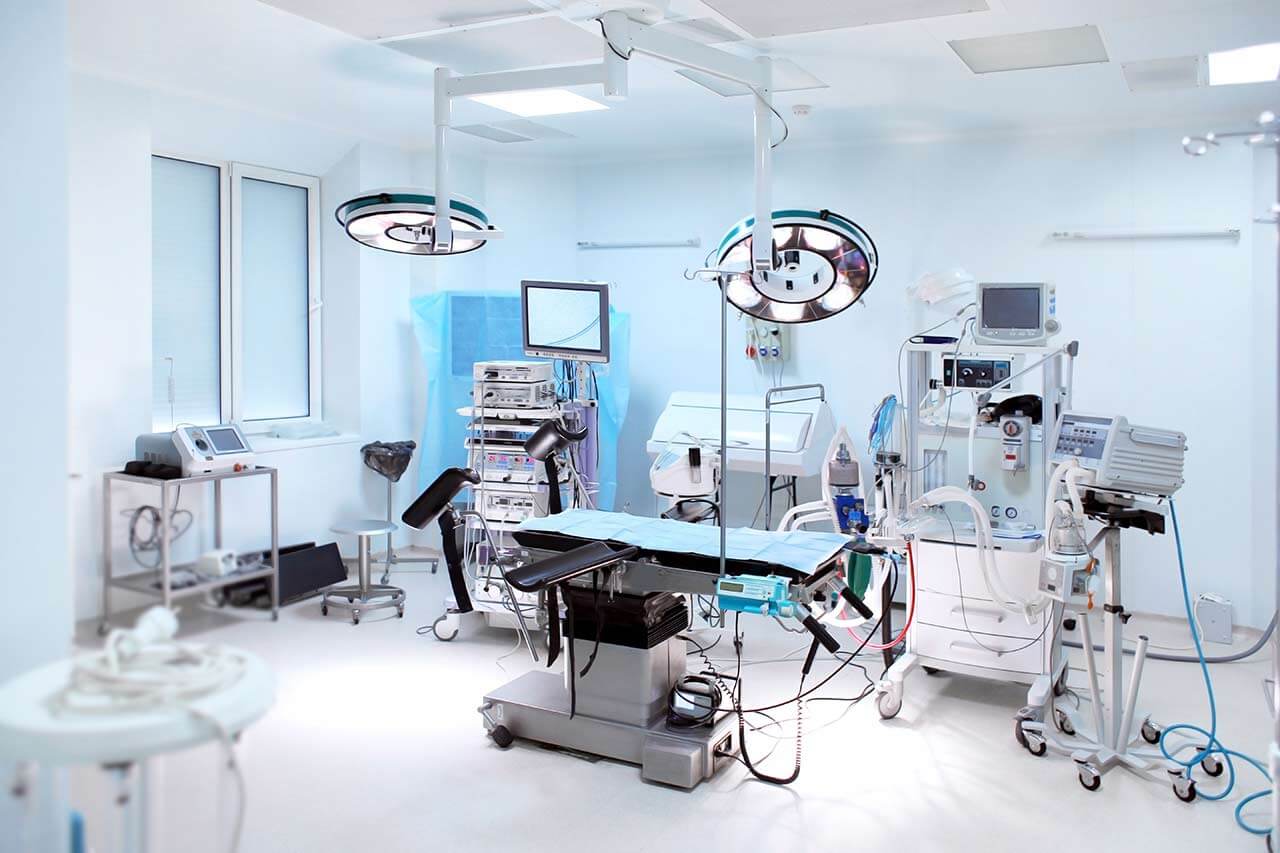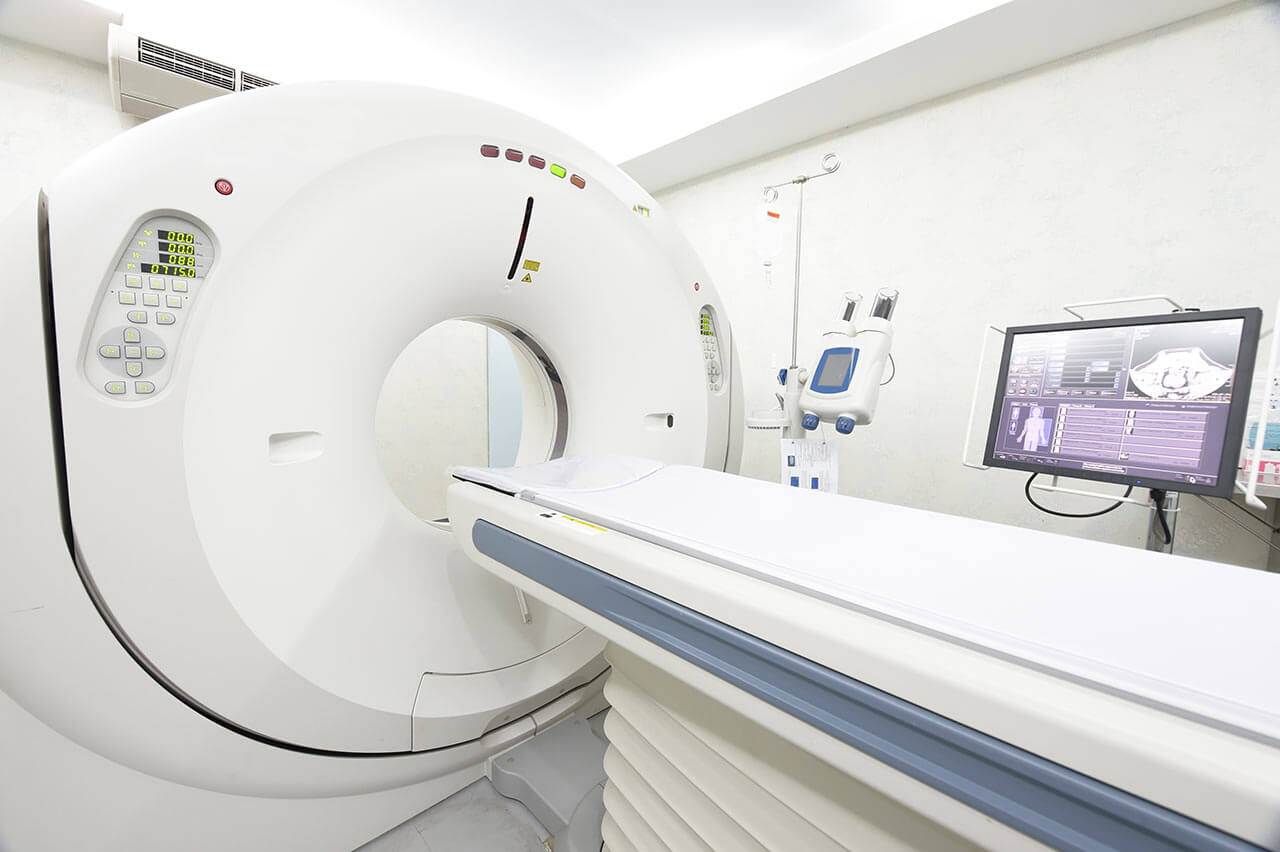
About the Department of Pediatric Cardiology, Gastroenterology, Oncology, Hematology, Pulmonology, Endocrinology, Infectology, Allergology, Nephrology and Rheumatology at University Hospital Carl Gustav Carus Dresden
The Department of Pediatric Cardiology, Gastroenterology, Oncology, Hematology, Pulmonology, Endocrinology, Infectology, Allergology, Nephrology and Rheumatology at the University Hospital Carl Gustav Carus Dresden offers the full range of preventive, diagnostic and therapeutic services in these fields. Of particular interest is the therapy of oncological and hematological diseases, gastrointestinal pathologies, diabetes mellitus, endocrine diseases, cardiac pathologies, pulmonary and rheumatic diseases, as well as intensive care. The department employs experienced specialists in various fields of pediatrics, who make every effort to ensure a speedy recovery for young patients. The prestigious German Ausgezeichnet. FÜR KINDER certificate confirms the high quality of the department's services. The medical facility has a pleasant and friendly atmosphere, doctors devote enough time to personal communication with young patients and their parents. The department's modern technical base allows the specialists to diagnose and treat the child in the most comfortable conditions and with the highest efficiency. The Head Physician of the department is Prof. Dr. med. Reinhard Berner.
All diagnostic options of the department correspond to the highest technical level. For example, the department has state-of-the-art equipment for the examination of children with suspected cancers, pulmonary function tests, ECG, echocardiography, EEG, gastrointestinal endoscopy, pulmonary endoscopy, sleep tests (within the pediatric sleep laboratory). Modern ultrasound equipment ensures accurate preoperative diagnostics. In addition, the department has specialized outpatient clinics for the treatment of coagulation disorders / hemophilia, hemangiomas, infectious diseases in children, etc.
The department provides both diagnostics and treatment to many young patients with gastrointestinal diseases. The department's specialists most often deal with the treatment of such pathologies as gastroesophageal reflux disease, coeliac disease, infection with Helicobacter pylori, carbohydrate malabsorption, Crohn's disease, ulcerative colitis, familial adenomatous polyposis, chronic hepatitis B and C, Wilson's disease, liver and pancreatic diseases, short bowel syndrome and other pathologies. First of all, the specialists use the most effective drug therapy regimens. Endoscopic therapeutic procedures are often performed when foreign bodies enter the gastrointestinal tract, as well as in the case of internal bleeding, esophageal varices and other pathologies.
Another important focus of the department's work is on the treatment of congenital and acquired heart defects in children. Pediatric cardiologists also deal with the treatment of inflammatory heart diseases, cardiomyopathies, arrhythmias and Marfan syndrome. To assess the state of the cardiovascular system, the department's specialists have modern diagnostic rooms equipped with devices for electrocardiography, echocardiography, ergometry, and 24-hour blood pressure monitoring. Doctors also conduct cardiac CT and MRI, if required.
The department employs highly qualified endocrinologists, whose tasks include the provision of medical care to children with diabetes mellitus, obesity, short stature, gigantism, puberty disorders, thyroid and adrenal diseases, including benign and malignant endocrine tumors. The doctor determines the required set of diagnostic examinations during the initial appointment, and after receiving the results, he develops the optimal treatment regimen. As a rule, drug therapy becomes an option of choice. Insulin pump therapy is prescribed for children with diabetes mellitus, sometimes the department's specialists also use hypoglycemic medications and other treatment methods.
The department also employs a team of pediatric pulmonologists. The specialists diagnose and treat pneumonia, obstructive bronchitis, bronchial asthma, cystic fibrosis, bronchopulmonary dysplasia, congenital lung malformations, sleep-related breathing disorders, interstitial lung diseases and other pathologies. To make an accurate diagnosis, the department carries out pulmonary function tests, laboratory tests, endoscopic examinations, and also uses instrumental diagnostic methods. The treatment is based on pharmacotherapy. When indicated, therapeutic endoscopic procedures are performed.
The department's main clinical focuses include:
- Diagnostics and treatment of endocrine diseases
- Type 1 and 2 diabetes mellitus, as well as rare types of diabetes mellitus (MODY, neonatal diabetes mellitus, cystic fibrosis-related diabetes)
- Obesity (alimentary, syndromic, Prader-Willi syndrome)
- Growth disorders (short stature, tall stature, syndromic short stature)
- Puberty disorders (premature or delayed puberty)
- Thyroid diseases (congenital hypothyroidism, Hashimoto's thyroiditis, Graves' disease)
- Congenital and acquired pituitary disorders
- Adrenal diseases (adrenogenital syndrome, Cushing's syndrome)
- Calcium and phosphorus metabolism disorders, bone metabolism disorders
- Puberty disorders in boys and girls, including polycystic ovary syndrome
- Endocrine tumors (pituitary, thyroid, adrenal tumors)
- Diagnostics and treatment of gastrointestinal diseases
- Gastroesophageal reflux disease
- Coeliac disease
- Helicobacter pylori infection
- Carbohydrate malabsorption (lactose, fructose, etc.)
- Crohn's disease and ulcerative colitis
- Familial adenomatous polyposis and other polyposis syndromes
- Chronic hepatitis B and C
- Autoimmune hepatitis
- Caring for children after liver transplantation
- Cholestatic liver disease (bile duct atresia, Alagille syndrome, etc.)
- Chronic pancreatitis and exocrine pancreatic insufficiency
- Diagnostics and treatment of respiratory diseases, allergies
- Obstructive bronchitis
- Pneumonia
- Bronchial asthma
- Cystic fibrosis
- Sleep-related breathing disorders
- Congenital malformations of the lungs
- Bronchopulmonary dysplasia
- Interstitial lung diseases
- Atopic dermatitis
- Food allergy
- Diagnostics and treatment of cancers and hematologic diseases
- Leukemias
- Lymphomas
- Brain tumors
- Solid tumors
- Rare tumors
- Benign blood disorders (such as anemia)
- Diagnostics and treatment of heart diseases
- Congenital heart diseases
- Inflammatory heart diseases
- Cardiomyopathies
- Marfan syndrome
- Arrhythmia
- Diagnostics and treatment of kidney diseases
- Malformations of the kidneys and urinary tract, including syndromic kidney disease (for example, urinary disorders, megaureter, polycystic kidney disease, kidney dysplasia, etc.)
- Nephrotic syndrome
- Glomerulonephritis
- Hematuria
- Proteinuria
- Chronic kidney failure
- Acute kidney failure (for example, hemolytic uremic syndrome)
- Nephrocalcinosis
- Kidney stone disease
- Nocturnal enuresis and impaired bladder emptying
- Arterial hypertension
- Diagnostics and treatment of coagulation disorders
- Congenital and acquired hemophilia
- Von Willebrand disease
- Congenital and acquired thrombocytopenia
- Congenital platelet disorders (thrombocytopathy)
- Rare coagulation disorders (for example, blood-clotting factor deficiency, impaired fibrinogen function)
- Thrombosis
- Vascular diseases (vasopathies)
- Diagnostics and treatment of infectious diseases
- Congenital infections and follow-up monitoring for maternal infection during pregnancy (for example, cytomegalovirus, toxoplasmosis, HIV, rubella, herpes)
- Neonatal sepsis
- Recurrent infections of the skin and ENT organs
- Lymph node infections (for example, cat scratch disease and infection with atypical mycobacteria)
- Lyme disease and other infectious diseases caused by tick bites
- Infection with multidrug-resistant pathogens (for example, Staphylococcus aureus)
- Osteomyelitis and septic arthritis
- Tuberculosis
- Rare infectious diseases
- Diagnostics and treatment of rheumatic diseases
- Juvenile idiopathic arthritis
- Arthralgia (joint pain)
- Lyme disease
- Collagenoses and vasculitides
- Uveitis
- Chronic nonbacterial osteomyelitis and chronic recurrent multifocal osteomyelitis
- Fever syndromes (autoinflammatory diseases)
- Other medical services
Curriculum vitae
Professional Career
- 1983 - 1989 Study of Human Medicine at the Julius Maximilian University of Wuerzburg.
- 1988 - 1989 Study of Human Medicine at the University of Caen Normandy.
- 1990 Thesis defense at the Institute of Hygiene and Microbiology, University of Wuerzburg.
- 1989 - 1991 Intern, Research Fellow at the Institute of Hygiene and Microbiology, University of Wuerzburg.
- 1991 - 1997 Pediatrician training, University Hospital Freiburg.
Qualifications
- 1997 Specialization in Pediatrics.
- 2000 Qualification in Laboratory Research in Pediatrics.
- 2001 Habilitation in Pediatrics and Venia Legendi.
- 2005 Extraordinary Professorship.
- 2006 Advanced training in Infectious Diseases (in accordance with the new rules for advanced training in the state of Baden-Wuerttemberg 2006).
- 2006 Advanced training in Pediatric Rheumatology (in accordance with the new rules for advanced training in the state of Baden-Wuerttemberg 2006).
- 2010 Invitation to the Department of Pediatrics at the Dresden University of Technology.
Positions
- 1997 - 2003 Senior Physician, University Hospital Freiburg.
- 2003 - 2004 Managing Senior Physician, University Hospital Freiburg.
- 2004 - 2005 Acting Head of the Center for Pediatric and Adolescent Medicine, University Hospital Freiburg, Department of General Pediatrics.
- Head of the Department of Pediatric Infectology, Immunology and Vaccinology.
- 2005 - 2011 Managing Senior Physician, Center for Pediatric and Adolescent Medicine, University Hospital Freiburg.
- Since 2012 Head of the Department of Pediatric Cardiology, Gastroenterology, Oncology, Hematology, Pulmonology, Endocrinology, Infectology, Allergology, Nephrology and Rheumatology at the University Hospital Carl Gustav Carus Dresden.
Awards and Honors
- 1999 1st DPC Academy Award (Academic Research Award).
- 2000 Research Prize from the German Society for Pediatric Infectious Diseases (DGPI).
- 2000 Friedrich-Linneweh Award for the advancement of young scientists in pediatrics.
- 2005 - 2009 1st Chairman of the German Society for Pediatric Infectious Diseases (DGPI).
- 2006 Influenza Commission Member during a pandemic, Robert Koch Institute.
Research Focuses
- Mechanisms of immune defense against pathogens in newborns.
- Molecular epidemiology and virulence factors of Streptococcus agalactiae (group B streptococcal infection).
- Epidemiology of viral pathogens of respiratory diseases in childhood.
- Epidemiology of meningococcal infection in children.
- Epidemiology of acute, recurrent and chronic pneumococcal and staphylococcal infections in children.
Photo: (с) depositphotos





